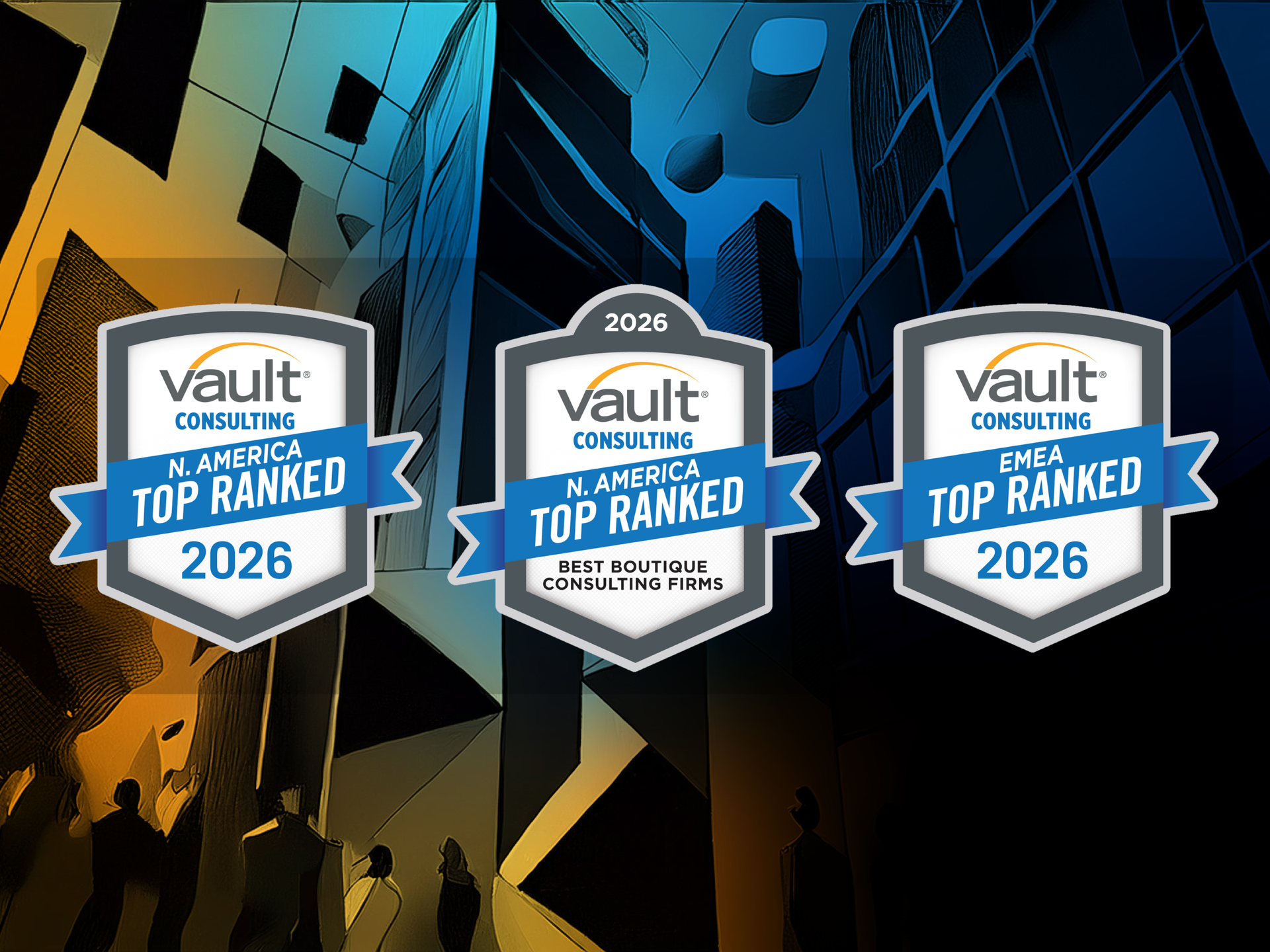Share
This article was originally featured by MicroGrid and written by Lisa Cohn.
Electricity consumption is expected to increase by 50% by 2050, and energy storage, electric vehicles and microgrids are expected to play an important role in meeting that demand. But President Trump’s tariffs on
China, along with China’s new rare earth material export restrictions, are expected to slow deployment and raise prices.
With U.S. electricity demand expected to increase 2% annually and 50% by 2050, renewable resources, energy storage, electric vehicles (EV) and microgrids are seen as critical resources that can be deployed quickly without harming the environment.
In fact, solar and wind are being installed at speeds five times faster than all other new electricity sources combined. In 2024, solar added more new capacity to the grid than any energy technology in the past 20 years. In 2024, the U.S. installed 50 GW of new solar capacity. Especially when paired with energy storage, solar plays an important role in meeting demand.
Bidirectional EVs also are important to meeting growing load growth because their batteries can support the grid during emergencies, provide backup power during outages and cut energy costs. Projects by Nuvve and PG&E are some of the efforts taking place right now to understand how EV batteries can help meet global electricity demand.
Tariffs expected to raise prices, spark supply chain delays, boost energy costs
But Trump’s move April 9 to increase tariffs on Chinese imports–raising them effectively to 145%, including levies imposed earlier this year–is expected to undermine the ability of these technologies to meet booming demand. The tariffs–along with China’s new restrictions on exports of rare earth minerals used in EVs and storage–will raise prices, create supply chain disruptions and boost energy costs, industry members said.
“Since the tariffs are so high and China is the number one source of batteries, it can impact the cost of microgrids,” said Peter Asmus, executive director at the Alaska Microgrid Group. “There’s so much on and off of the tariffs, the overall impact is uncertainty, which isn’t good for any marketplace.”
Pragathi Darapaneni, a senior materials scientist and former researcher at Argonne National Laboratory, said China’s export restrictions on rare earth materials will lead to higher costs and material availability challenges, especially for battery-grade lithium carbonate, graphite anodes, LED phosphors and permanent magnets used in motors.
“China controls over 85% of the global rare earth processing capacity, and many critical battery components are tied to these materials,” she said.
The microgrid, storage and EV industries need to diversify battery chemistries to reduce relying on rare earth materials, especially lithium, cobalt and nickel, she added.
Prices for EVs and stationary storage expected to increase
In the short term, prices for EVs and stationary storage systems will likely rise due to increased raw material costs, Darapaneni said. In addition, the clean energy industry may experience bottlenecks and delivery delays, particularly in high-performance applications that require tightly specified materials, she said.
“Companies without diversified sourcing strategies or domestic processing capabilities may face production slowdowns, which could ripple into deployment timelines for EV fleets and grid storage,” she said.
Also concerned about how Trump’s tariffs will hurt energy storage is Mike Wietecki, senior vice president of strategy and regulatory affairs at Powin, which offers utility-scale energy storage systems.
Uncertainty will slow projects
“The tariff policies and foreign trade policies the administration are putting in place are injecting a massive amount of uncertainty into the market,” Wietecki said. It takes years for utility-scale projects to come online, he noted. If a manufacturer like Powin signs a contract with a utility, the earliest the company will begin importing product for that project is eight to 12 months, he said.
“This is a truly global supply chain,” he added.
Powin’s contracts are typically fixed price. If tariffs change during the time that passes between contract signing and project startup, someone will have to make up the price difference.
Why energy prices may increase
Because there’s a trend toward utility-scale projects being ratebased by state regulators, ratepayers could end up paying higher prices, he said.
“Energy prices will go up, leading to inflation,” Wietecki said. “Even the uncertainty of supply chain integrity will cause energy prices to go up and cause inflation. It’s going to make everything more expensive.”
For Powin, one answer is to focus on markets that provide more certainty.
“The U.S. was a great market for infrastructure improvement through solar and energy storage over the last couple of years, but capital flows can quickly move away from markets. They are going to places like the European Union (EU),” he said.
Even with the regulatory hurdles of the EU’s highly regulated market, the EU is a more attractive market because it provides more certainty, he said.
How the EV industry will be hurt by export restrictions
Phil Dunne, UK managing director at the consultancy Stax, pointed to likely challenges to the EV market as a result of rare earth mineral export restrictions from China. He said that so-called rare earth minerals aren’t rare because there are deposits all over the world, but not in high enough concentrations to make them economically viable to mine.
“China currently mines about 50% of global supply of neodymium, which is a key constituent of permanent magnets that are used in the most common EV powertrain technologies,” he said.
But the main challenge is processing mined materials. China now processes more than 90% of the global supply, Dunne added.
There’s now a rush to mine and process elsewhere, he said. That’s based on car manufacturers' requirements and willingness to pay a premium. It will take time to develop mining and processing facilities outside of China.
“Although vehicle manufacturers will have been building up inventory for some time, the just-in-time nature of automotive supply chains means that the impact of China tariffs and export restrictions will have a significant impact on the cost and availability of EVs, while new sources of supply are established, and different EV powertrains are explored,” Dunne said.
Tariff damage can’t be quickly erased
The tariffs and export restrictions will slow efforts to meet burgeoning power demand with clean energy, and their effect can’t be undone quickly.
“Even if the tariffs go away tomorrow, I don’t think that injects certainty back into the U.S. market immediately,” said Wietecki. “It may increase the ability of capital to flow into infrastructure projects. But the damage has been done. That damage can be healed, but not immediately.”







